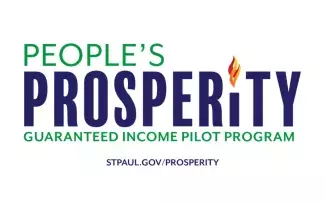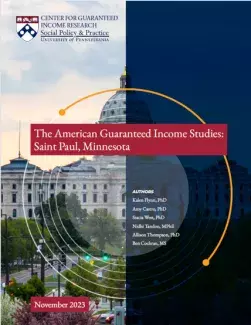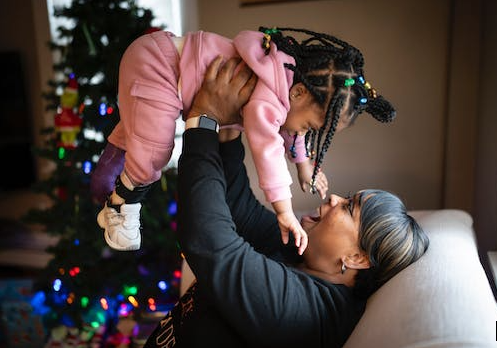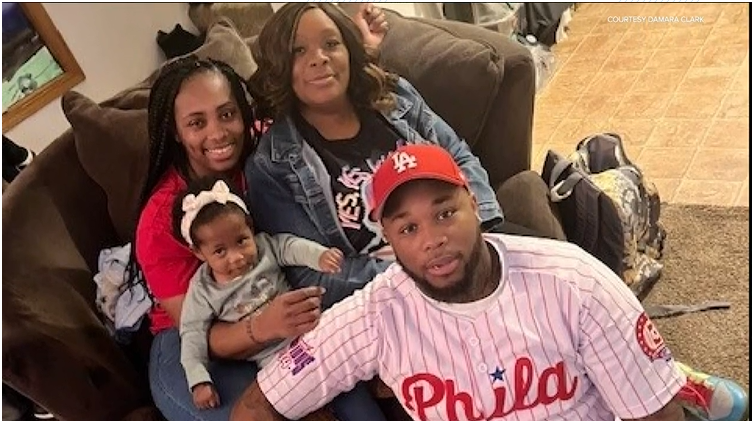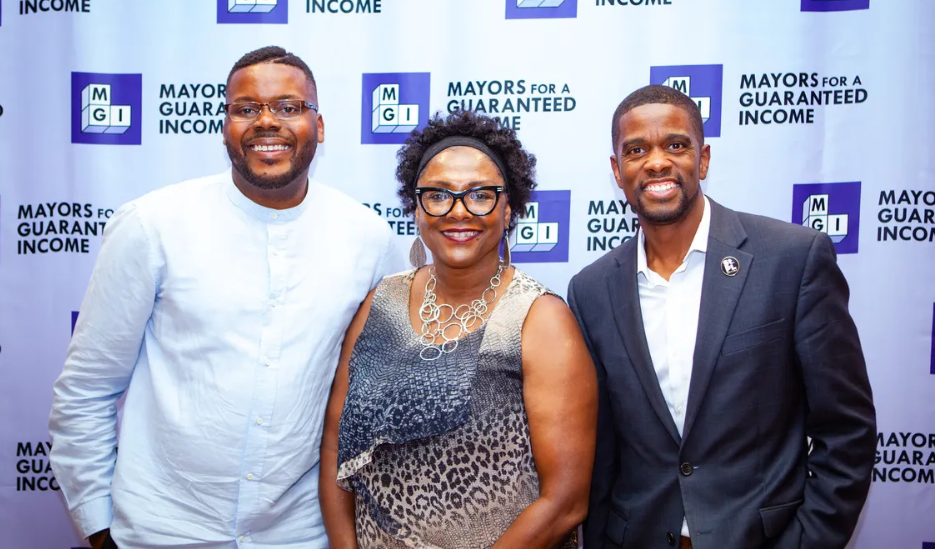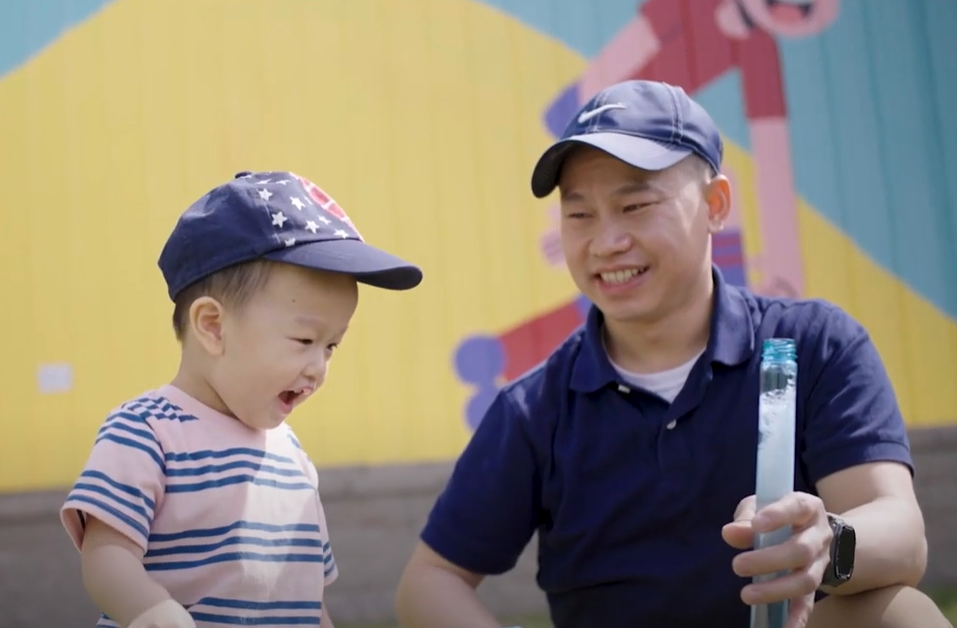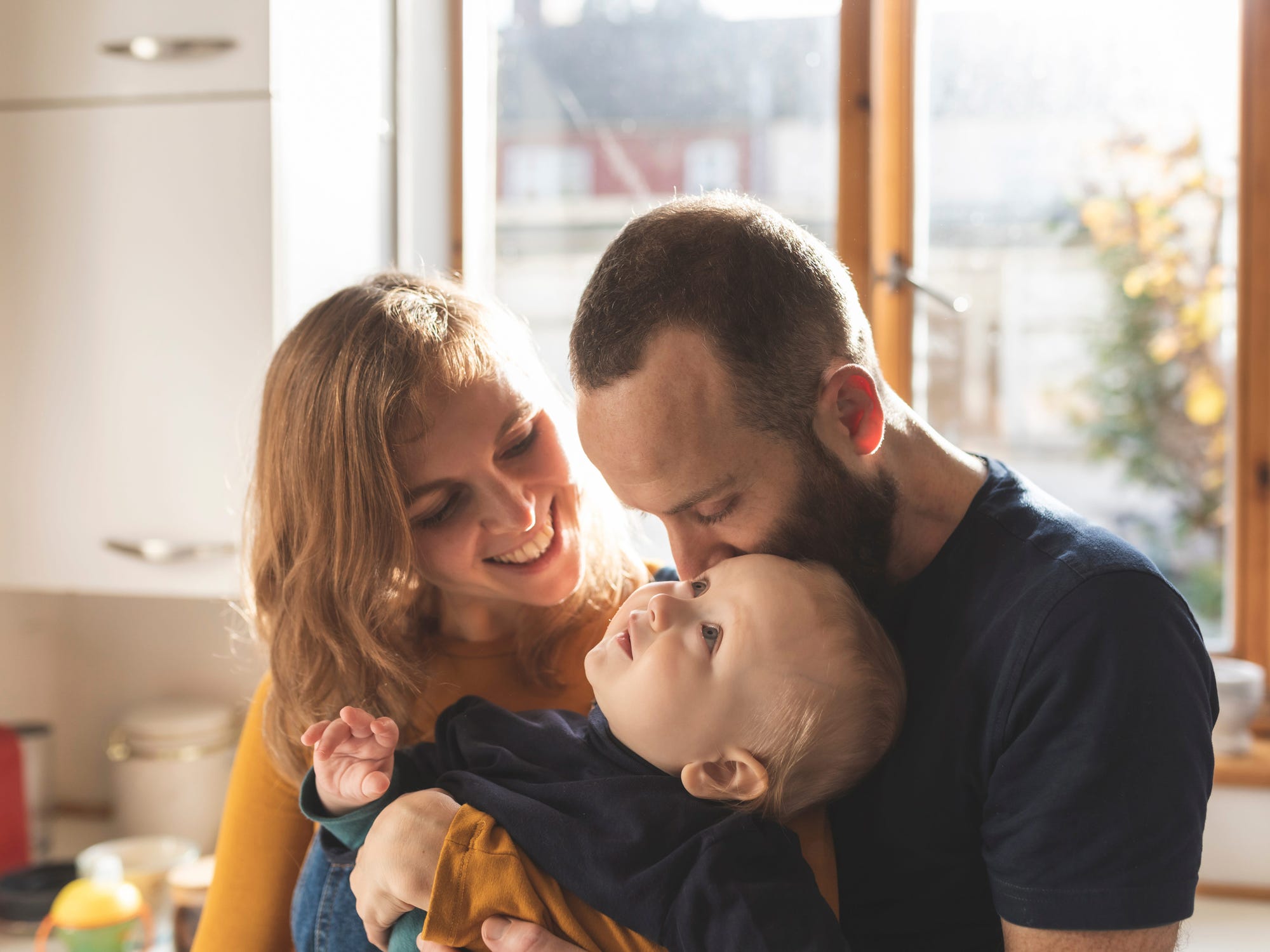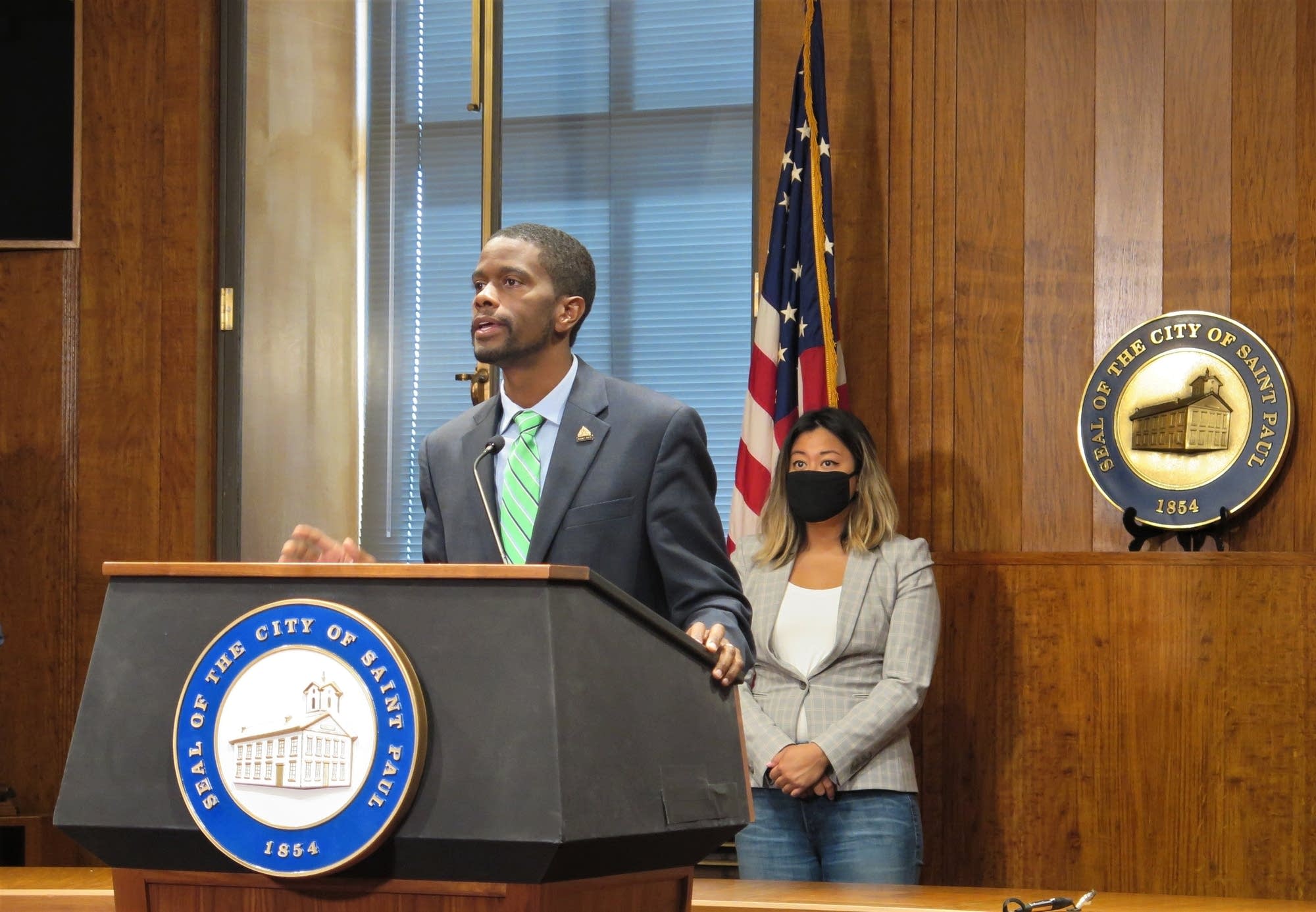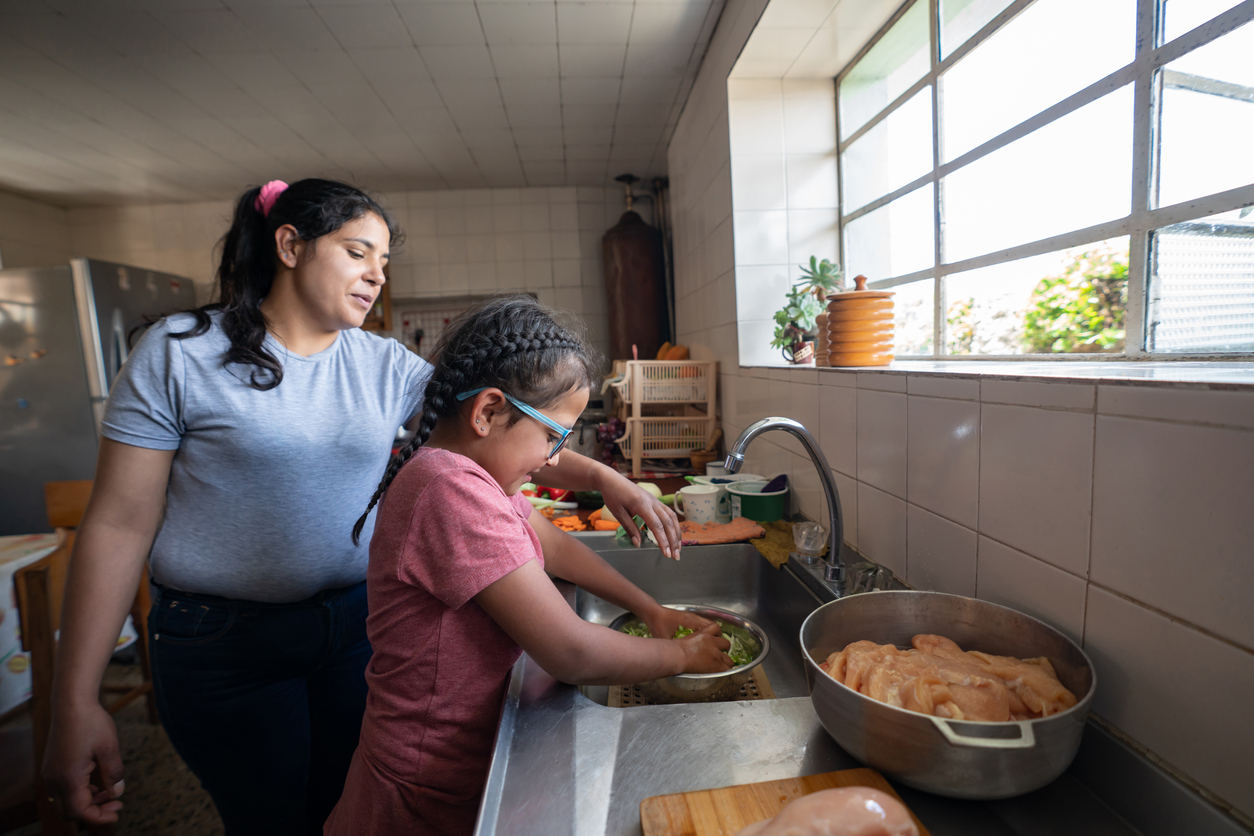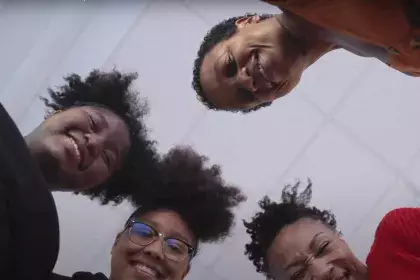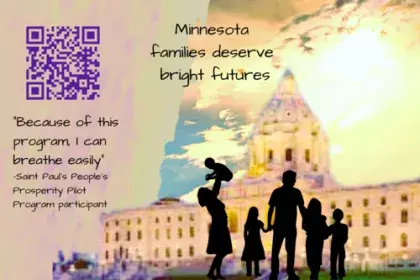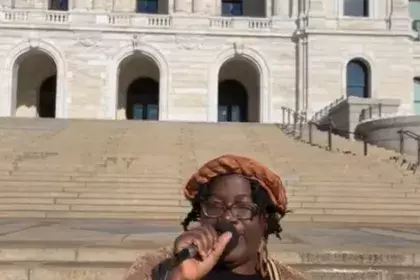About CollegeBound Boost
CollegeBound Boost is the City of Saint Paul's new initiative to expand guaranteed income and college savings in Saint Paul. Announced on June 29, 2022 by Mayor Melvin Carter, the new demonstration project will provide 333 low-income families enrolled in the CollegeBound Saint Paul program with a combination of $500 in guaranteed income payments each month for 2 years and deposits of $1,000 each for their child’s CollegeBound Saint Paul college savings account. Eligible CollegeBound families were randomly selected for the CollegeBound Boost program starting in the fall of 2022. OFE is partnering with the University of Michigan to study the impacts of the combination of guaranteed income and asset building on Saint Paul families.
Enrollment in CollegeBound Boost is closed as of July 7, 2023.
Who is eligible for CollegeBound Boost?
Participants were randomly selected from families who met the following:
- be the parent or guardian of a CollegeBound Saint Paul beneficiary: a child born to a Saint Paul resident on or after January 1, 2020;
- be a current resident of Saint Paul; and
- verify that the family’s income is at or below the program’s income eligibility guidelines, which are 300% of the federal poverty level or $83,250 for a family of four.
Eligible families were randomly assigned to one of three potential groups receiving:
- $500 in monthly guaranteed income for 24 months and $1,000 invested in their CollegeBound account;
- $1,000 invested in their CollegeBound account only, or
- Continue to participate CollegeBound with the current $50 seed deposit and opportunities to earn bonus deposits.
If you have questions, contact 651-266-8829 or collegebound@ci.stpaul.mn.us.
